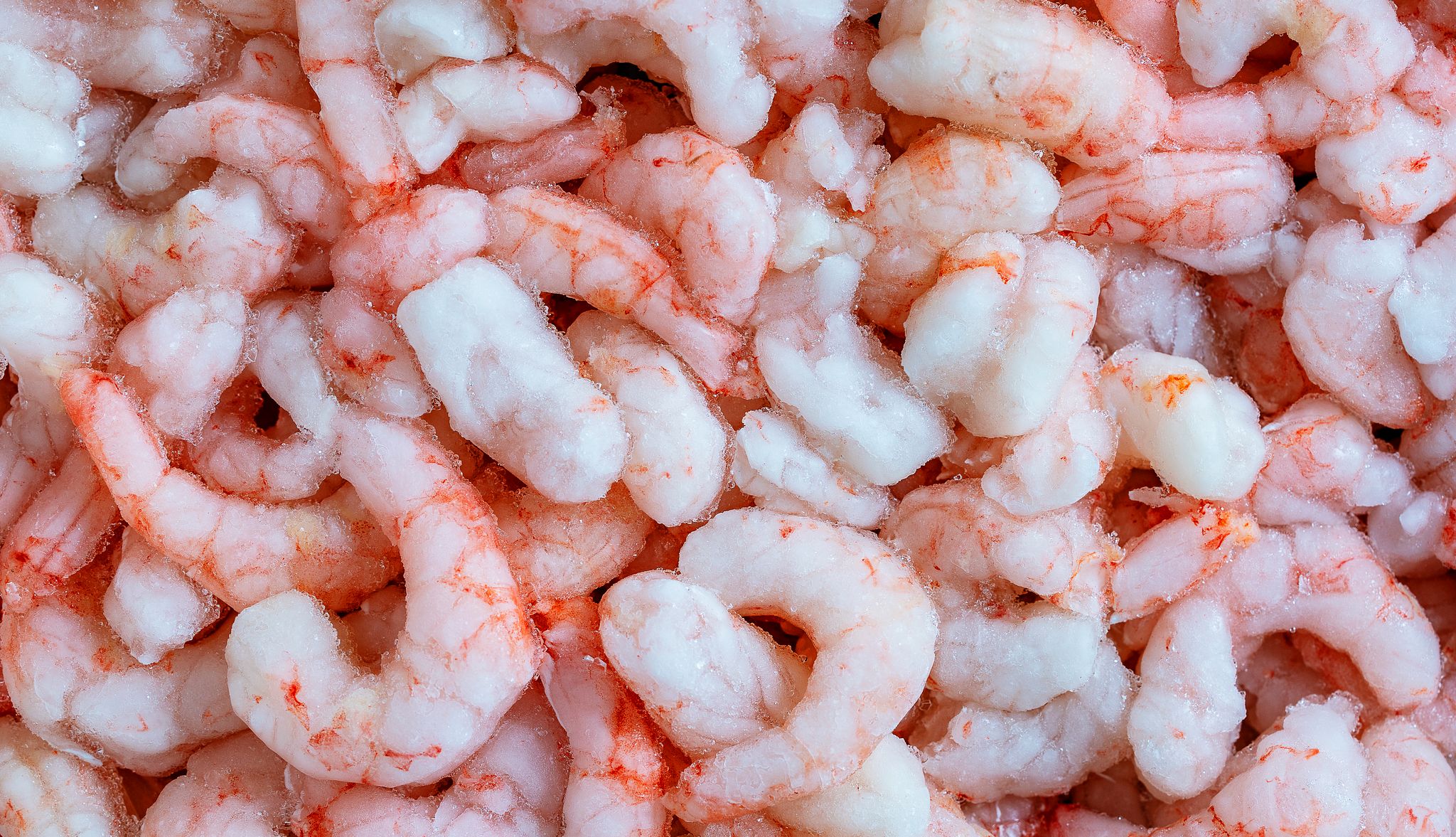AARP Hearing Center


This article was created with the assistance of generative AI. It was reviewed by editors before publication.
Another seafood company has recalled frozen shrimp because they may be contaminated with Cesium-137 (Cs-137), a radioactive isotope that can cause cancer.
The recall, announced by Southwest Foods of California, comes just days after the FDA launched an investigation into PT. Bahari Makmur Sejati, an Indonesian shrimp processor. That probe led to a separate recall of shrimp products sold at Walmart locations nationwide.
Recent FDA testing at four U.S. ports revealed that one sample of breaded shrimp contained Cs-137. The contaminated shipments were denied entry into the country, and the investigation remains ongoing, it said.
While no contaminated products have been confirmed in U.S. commerce, the FDA believes shrimp packaged by PT. Bahari Makmur Sejati may have been produced under unsanitary conditions.
To date, there have been no reports of illnesses or deaths linked to the recalled products.
Which frozen shrimp products have been recalled?
The latest products recalled by Southwind Foods were distributed between July 17 and August 8, 2025, to retailers and distributors in Alabama, Arizona, California, Massachusetts, Minnesota, Pennsylvania, Utah, Virginia and Washington.
Although the announcement didn’t specify which retailers sold the shrimp, the recalled products include:
Arctic Shores
- Frozen Large Cooked Shrimp 31/40; Item Number: 08224; UPC: 041130812392; Lot Number: 109562
- Frozen Small Cooked Shrimp 61/70; Item Number: 08127; UPC: 041130810497; Lot Number: 109540
- Frozen Small Cooked Shrimp 91/120; Item Number: 08128; UPC: 041130810411; Lot Number: 109541
- Frozen Cooked Salad Shrimp 150/200; Item Number: 08129; UPC: 041130811685; Lot Number: 109542
Best Yet
- Frozen Cooked Shrimp 31/40; Item Number: 06350; UPC: 042187002736; Lot Numbers: 095944, 111154
- Frozen Cooked Shrimp 41/50; Item Number: 06062; UPC: 042187002743; Lot Number: 095946
First Street
- Frozen Raw Shrimp 16/20; Item Number: 06171; UPC: 041512179471; Lot Number: 130632
Great American
- Frozen Raw Shrimp 16/20; Item Number: 06021; UPC: 829944010612; Lot Number: 125143
- Frozen Raw Shrimp 71/90; Item Number: 06102; UPC: 829944010698; Lot Number: 128267
- Frozen Cooked Shrimp Meat; Item Number: 08523; UPC: 829944092540; Lot Number: 134010
- Frozen Cooked Shrimp 41/60; Item Number: 06812; UPC: 829944012173; Lot Number: 128275
Sand Bar
- Frozen Raw Shrimp 31/40; Item Number: 08890; UPC: 011110641182; Lot Number: 087305
An earlier recall of frozen shrimp hit Walmart stores in Alabama, Arkansas, Florida, Georgia, Kentucky, Louisiana, Michigan, Missouri, Ohio, Oklahoma, Pennsylvania, Texas and West Virginia. Those affected products include:
Great Value Frozen Raw White Vannamei Shrimp
- Product Type: Frozen Raw Ez Peel Tail-On Farm-Raised White Vannamei Shrimp, 2-pound bag
- Lot codes: 8005540-1, 8005538-1, 8005539-1
- Best by Date: 3/15/2027
- Item Code: 7383108


































































More From AARP
Product Recalls and Consumer Safety
The latest alerts impacting your health and homeDecode Symptoms: Food Poisoning or Bug?
How they differ and when to see a doctor
28 Tips for Avoiding Food-Borne Illness
Protect yourself with AARP's guide to food safety